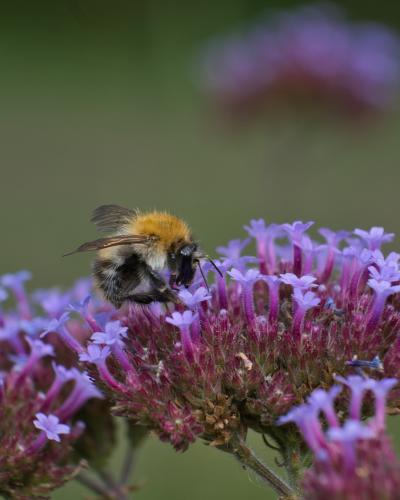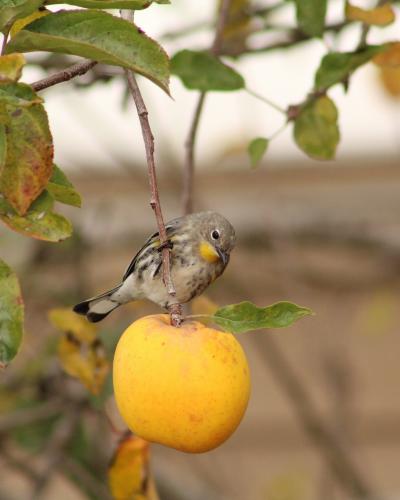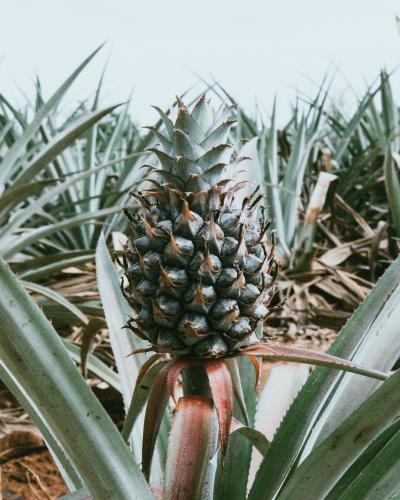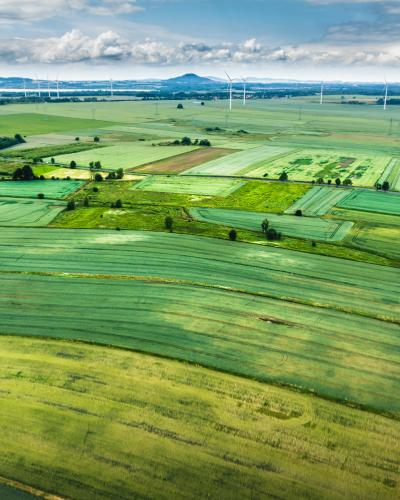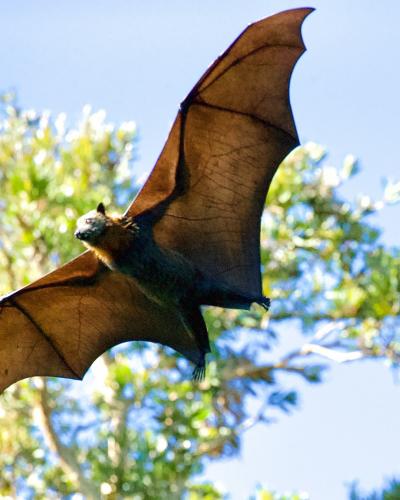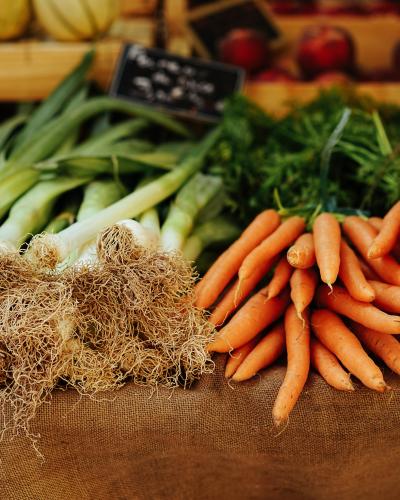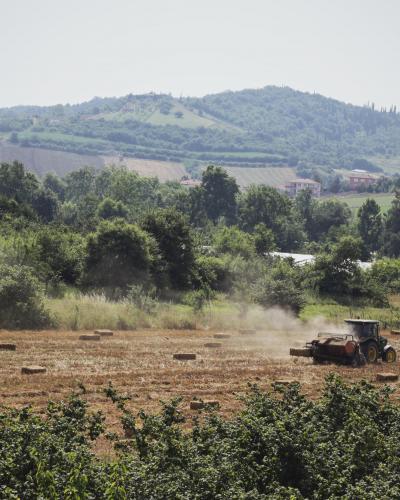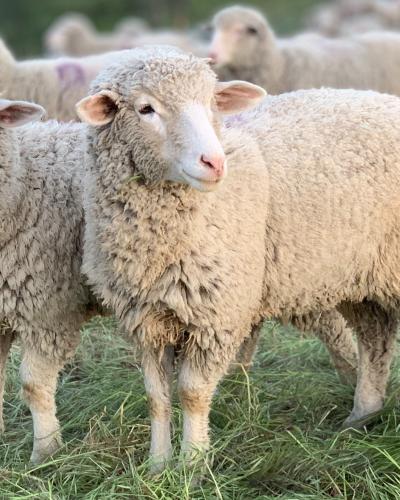On farms, chemical application changes the biophysical cues that plants use to attract pollinators, according to a recent British study. Spraying flowers with synthetic fertilizer, altered their...
Apr 07, 2024
A new study published in the journal Science that shows increasing agricultural diversification simultaneously benefits both environmental and social outcomes, creating multiple win-win situations...
Aug 30, 2023
Birds from organic farms exhibit more vitality than those who live on conventional farms, according to a recent French study. Organic birds exhibit a higher rate of active behaviors including...
Aug 23, 2023
Researchers have found that reducing the amount of synthetic fertilizer used in pineapple production increases crop yields while maintaining soil quality and lowering greenhouse gas emissions,...
Aug 09, 2023
Organic farms vary in agricultural ecological practices, with small farms incorporating a higher quantity of sustainable methods than larger ones, according to a recent...
Jul 26, 2023
Foraging bats–bats who live in green spaces– prefer organic farms over conventional farms, according to a recent Italian study. Farm management was the greatest indicator of bat activity, and...
Dec 17, 2022
Picture by Neil Palmer (CIAT) n.palmer@cgiar.org
Misunderstandings about organic agriculture abound, and can be clearly seen in a recent misleading article published in US...
Nov 22, 2022
By David Montgomery and Anne Biklé
The original proponents of organic agriculture argued that healthy soils produced healthier food, a...
Sep 23, 2022
Biodiversity is a term used to refer to the number of species in one region or ecosystem, and for the first time,...
Aug 29, 2022
A collaborative study from USDA and Montana State University scientists delved “far into the weeds” in evaluating the global warming potential in farming organic wheat when combining sheep grazing...

